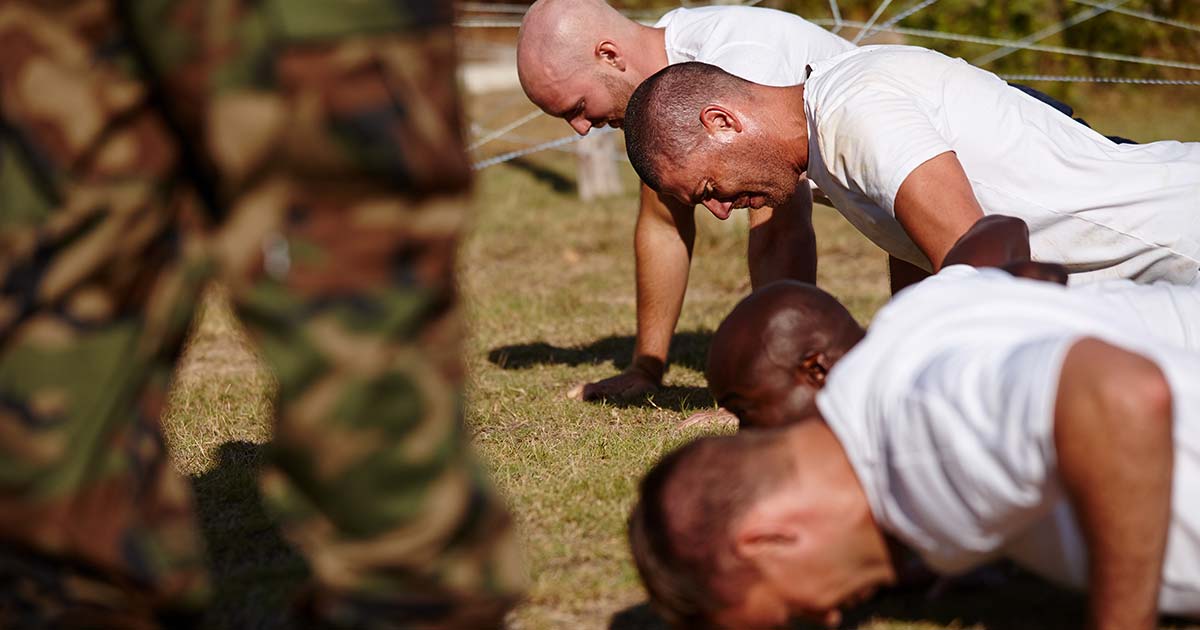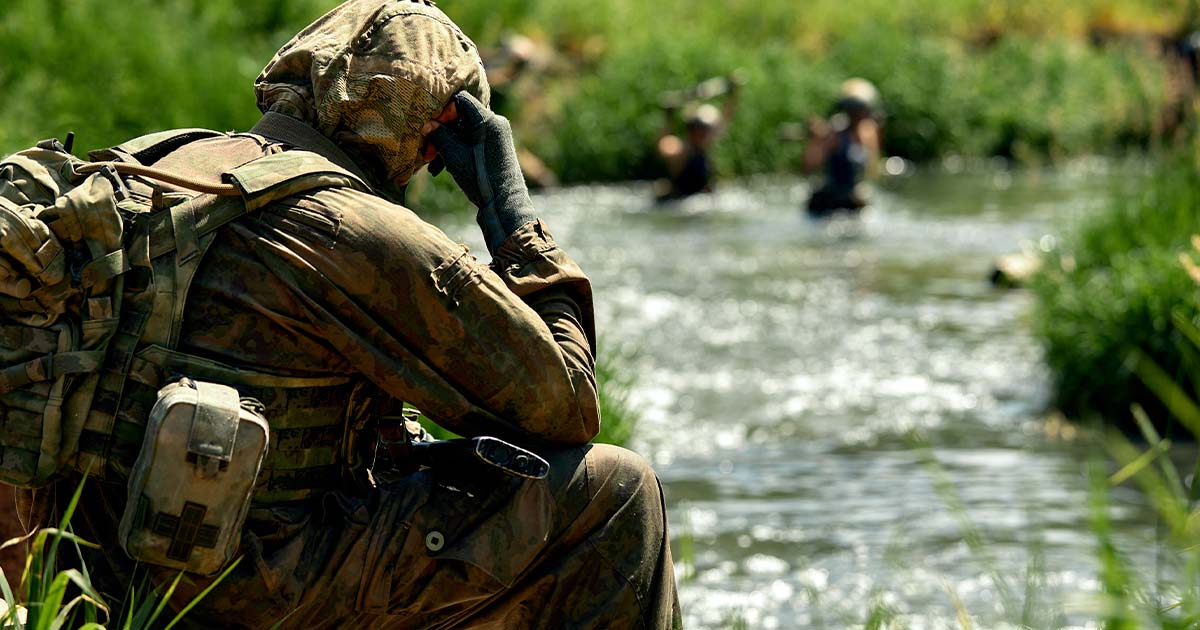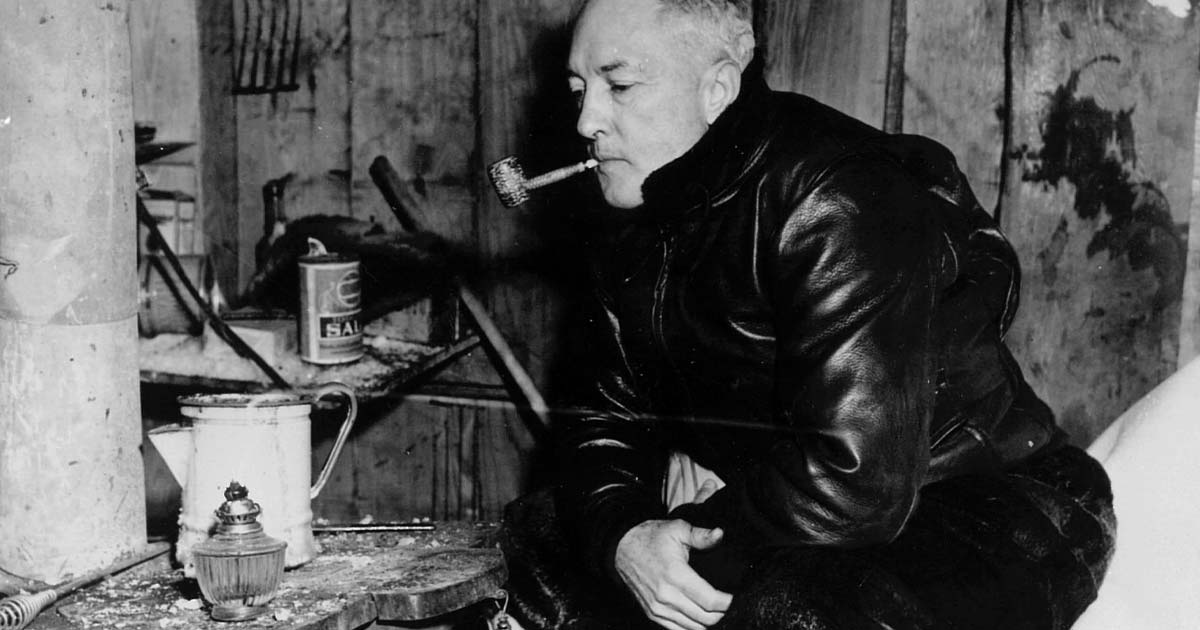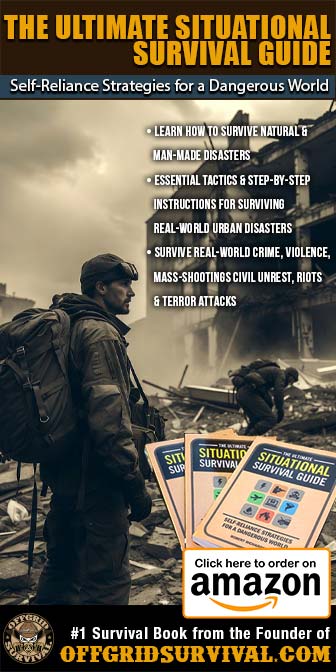In life, unexpected situations can arise. During a crisis or emergency, dealing with the stress of these unexpected events can be incredibly challenging. Whether it’s a natural disaster, a manufactured disaster, or even just a financial setback, a survival mindset can help you navigate these situations more resilient and confident.
On most survival sites, the main focus is often on things like gear, survival skills, and emergency planning; while those things are extremely important and will make surviving a lot easier, there’s one thing that’s often overlooked that really is the key to survival: Mental Preparedness.
What is a survival mindset?
A survival mindset is a way of thinking that prioritizes adaptability, resilience, and resourcefulness. It’s about being able to stay calm and focused in the face of challenges, and to find ways to keep moving forward even when things seem impossible. A survival mindset isn’t just about physical survival – it can also help you to navigate emotional and psychological challenges, too.
How to develop a survival mindset
Mental preparation is usually something most people don’t prepare for. It’s just not something that many of us are taught in life. There isn’t a class in school called “developing the proper mindset,” which is pretty shameful since our mindset plays such an important role in all aspects of our life.
The will to survive is probably the most important aspect of surviving a traumatic event; disaster after disaster has shown that the people with the strongest mindset and the ability to control their fears are often the ones that come out on top. In fact, history is filled with examples of well-prepared people dying because they lost the will to survive.
Training is the first step to developing a Survival Mindset.

A feeling of hopelessness, or losing the will to survive, is often born from a lack of preparation. One of the best things you can do to ensure a proper survival mindset is to give yourself the tools and the knowledge you will need to survive in a wide variety of situations.
Study the most likely disasters that you will face. The more you know about the disaster, the less likely it is to affect you negatively. A good place to start, and something I recommend to everyone, is to take our threat assessment. This will help you determine what problems to prepare for, and what you should be mentally ready to face.
Train with added stressors. During your training exercises, you want to put yourself in situations where you feel a bit uncomfortable. Adding a bit of stress into your training process can help better prepare you to face these situations in the real-world.
An example of this would be training in real-world self-defense situation. I come across a lot of people who claim to be ready to defend themselves during a life-threatening situation. When pressed on their training tactics, a majority of these people have never used their firearm outside of firing at paper targets at the range.
To truly be prepared, these people should have added some stress to the situation; things like an instructor screaming at you, having to fire from awkward positions, or having to shoot at moving targets are all examples of uncomfortable situations that should be added to your training process. The closer you can get to real-world training, the better prepared you’ll be to face real-world threats.
Battle-proofing your mind

Most Special Forces operators will tell you how important battle-proofing your mind is to the ultimate success of the mission. Through the use of visualization techniques, you can condition your mind to be physiologically strong during times of crisis and stress.
An example of this would be a soldier visualizing a firefight or an upcoming mission. He mentally pictures everything about that mission, including what could go wrong, what it’s going to feel like, what it’s going to smell like, and his response to every danger he might face. He is mentally preparing himself for every aspect of what he might face, so when confronted with that danger, the brain responds without fear because it feels like the situation is normal.
In essence, you are tricking your brain into believing the situation is familiar, thus removing anxiety from the equation.
Setting Goals and a Game plan

Having goals, and a developing a game plan, are two surefire ways to ensure a proper survival mindset. The process of setting goals, and then breaking these goals down into small manageable tasks, can help make stressful situations seem less overwhelming.
Admiral Richard Byrd, the infamous Antarctic explorer, learned this lesson while spending five months alone in a small shack buried into a glacial icecap.
Completely isolated from the outside world, without another living creature within hundreds of miles, Byrd spent five months living in this mind-bogglingly, brutally cold arctic environment. It was so cold that his breath actually froze and crystallized in the air when he exhaled. To top it off, he spent those five months living in the complete darkness of the Arctic, where even the days where as black as night.
To stay sane, in conditions that would drive most men mad, Byrd found that the only way to maintain his mental health was to get busy by setting goals and having a routine. He gave himself small manageable goals like cutting bookshelves into the frozen walls and gave himself a set schedule for performing ordinary tasks like cleaning and routine maintenance.
In his book Alone, he talks about his method for maintaining the will to survive. “It was wonderful,” he said “to be able to dole out time in this way. It brought me an extraordinary sense of command over myself.” He added, “Without that or an equivalent, the days would have ended, as such days always end, in disintegration.”
Without goals, and without a game plan, you give your mind the power to run rickshaw over your ultimate fate. By giving yourself a series of easy to accomplish tasks, you create a situation that seems less psychologically overwhelming and help to ensure your ability to survive the challenge.
Tips for Developing a survival mindset

Practice mindfulness
Mindfulness is the practice of being present in the moment and observing your thoughts and feelings without judgment. Practicing mindfulness regularly allows you to develop greater emotional awareness and learn to manage difficult emotions more effectively. This can be especially helpful in high-stress situations, where staying calm and focused can be a matter of life and death.
Build your physical resilience
Physical resilience is your body’s ability to withstand stress and recover from physical challenges. By taking care of your physical health through regular exercise, healthy eating, and good sleep habits, you can build your physical resilience and prepare yourself for unexpected challenges.
- Four Workout Routines to Take your Preparedness Fitness to the Next Level
- Physical Fitness: One of your Top Preparedness Considerations
Learn basic survival skills
Knowing how to start a fire, build a shelter, and find clean water can be essential in survival situations. By learning these skills, you’ll be better equipped to handle unexpected challenges and stay safe in the wilderness or in other emergencies.
- 30+ Self-Reliant Resources: Preparedness Skills that Everyone Should Know
- Top First-Aid Skills & Resources for Treating Medical Emergencies during a Disaster
- Prepper 101: Your Survival Guide to Getting Started
Cultivate a growth mindset
A growth mindset is the belief that your abilities and intelligence can be developed over time. By cultivating a growth mindset, you can approach challenges as opportunities to learn and grow rather than as insurmountable obstacles. This can help you to stay motivated and resilient in the face of adversity.
Practice problem-solving
Thinking critically and solving problems creatively are essential in survival situations. By practicing problem-solving in your daily life, you can develop the skills you need to find solutions to unexpected challenges. This might involve brainstorming multiple solutions, evaluating the pros and cons of each option, and being willing to adapt your approach if your first attempt doesn’t work.
Prepare for the unexpected
While it’s impossible to predict every challenge that might come your way, you can take steps to prepare yourself for the unexpected. This might include creating an emergency kit with supplies like water, food, and first-aid materials, or learning about local emergency protocols and evacuation routes. Knowledge is the key to success and the key to staying calm when the shit hits the fan!
- Preparedness: Preparing for Emergencies and Disasters
- Survival eBooks & Survival Tablets: The Top Preparedness eBooks You should Download Now!
By developing a survival mindset, you can be better prepared to handle unexpected challenges and emerge stronger and more resilient on the other side. No matter what survival situation you ar facing, a survival mindset can help you to stay calm, focused, and resourceful, no matter what comes your way.







Great article, I hope I am not stepping on toe’s here, Mr. R I mean no disrespect.
Mark at SEALFIT.com not only has excellent training courses he does a lot of free mindset training. I have had the opportunity to attend one of his web base classes and he covers/provides some great material to support and prepare the mind.
Does anyone have a program specifically for women? I ask this because we have the added constant threat of sexual assault.